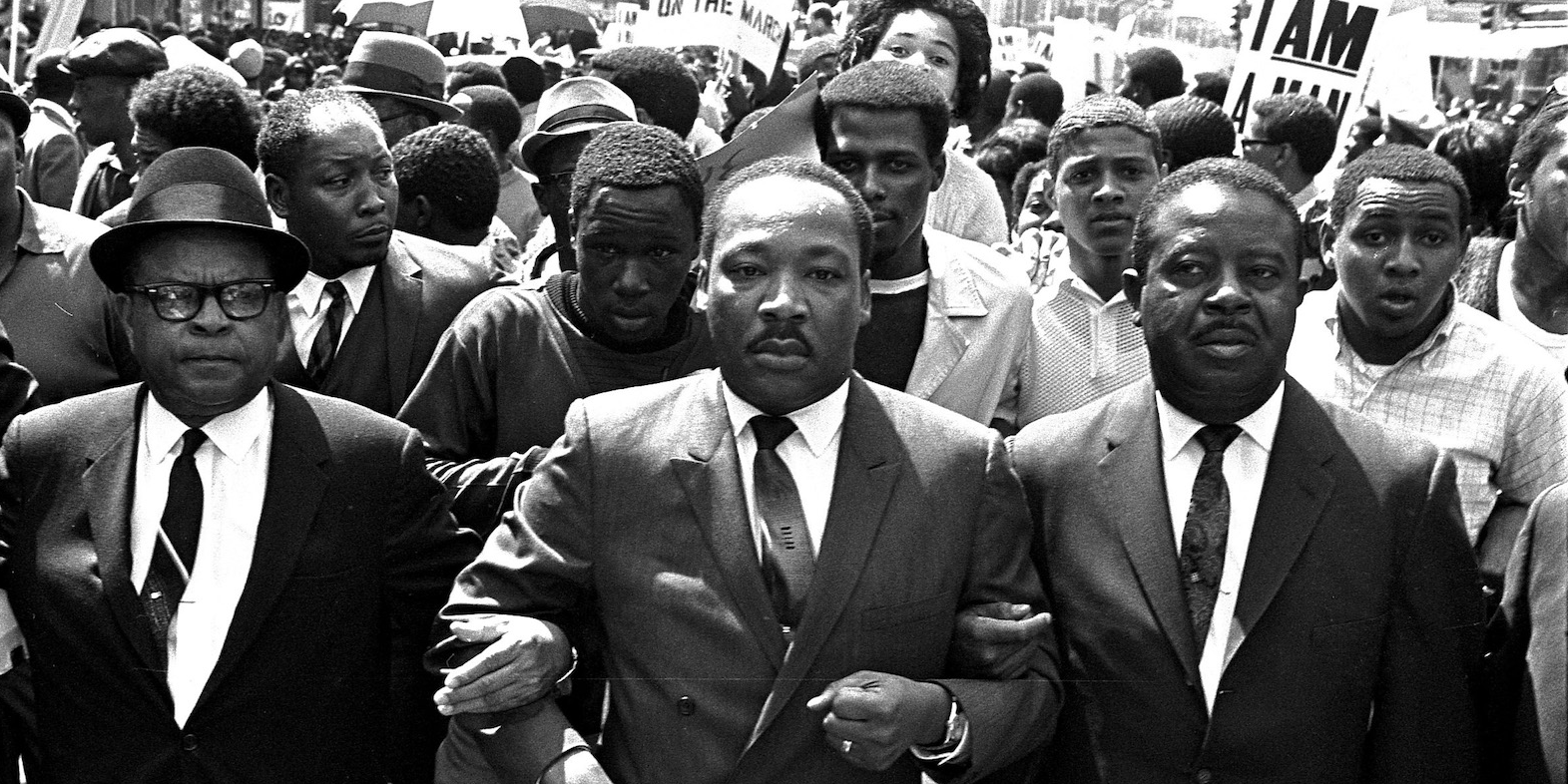- FBI documents from the 1960s allege Martin Luther King Jr. had affairs with 40 women and stood by as a friend raped a woman, a new report said.
- An article by the King biographer David Garrow set to be released on Thursday in Standpoint magazine will detail the FBI memos, London’s The Times reported.
- Garrow said the memos say King engaged in orgies, solicited prostitutes, and “looked on and laughed” as a pastor he knew raped a woman.
- The memos were part of a huge US National Archives data dump in early 2019.
- The FBI secretly recorded King in a yearslong effort to discredit him. The tapes themselves remain under seal in the US National Archives. And Garrow’s article was rejected by more prominent news outlets. So the story carries many unanswered questions about the accuracy of the FBI material.
- The King Center, which chronicles King’s life, has not yet commented on the allegations.
- This article contains details that some readers may find upsetting.
- Visit Business Insider’s homepage for more stories.
Documents describing secret FBI recordings allege Martin Luther King Jr. had affairs with 40 women and watched on as a pastor raped a woman in the 1960s, a new report said.
According to London’s The Times, an article written by the King biographer David Garrow and set to be published in the June edition of the UK magazine Standpoint details newly released FBI memos that discuss the tapes.
The tapes – sealed until 2027 in the US National Archives – hold recordings from bugs placed in hotel rooms King used in the 1960s, when they suspected his aide Stanley Levison was a Communist.
Business Insider has contacted The King Center for comment on the report but has not yet received a response.
The tapes were made as part of an FBI surveillance project that began in 1955 and continued until King was assassinated in 1968, according to Stanford's Martin Luther King Jr. Research and Education Institute. The FBI was trying to gather negative information about King in hopes of using it to discredit him. Former FBI Director J. Edgar Hoover was personally motivated to bring down King, according to the institute.
Given that context - and given Garrow's lack of access to the tapes themselves, in addition to the fact that the Standpoint article has not yet been published - Garrow's claims raise questions about the accuracy of the evidence and the motives of the FBI agents who created the documents. In a separate article describing the magazine's rationale for publishing the story, Standpoint's acting editor, Michael Mosbacher, said Garrow's work was previously rejected by The Guardian, The Atlantic, and The Washington Post. A number of unnamed conservative magazines in the US also shied away. Mosbacher does not explain why they rejected it, although he implies they felt it was too controversial.
However, Garrow's 1986 biography of King won the Pulitzer Prize, so his new material will be difficult to ignore.
Garrow wrote that the FBI bugged two lamps in King's room at the Willard Hotel in Washington in January 1964, The Times said.
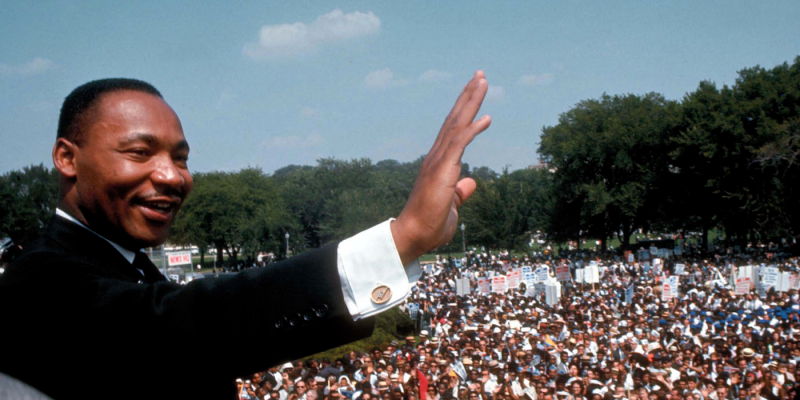
According to The Times, a memo accompanying the tape alleges King "looked on and laughed" as a pastor of Baltimore's Cornerstone Baptist Church raped a woman in the hotel room. The pastor died in 1991.
The FBI documents say King had a conversation in which he "discussed which women among the parishioners would be suitable for natural and unnatural sex acts," The Times wrote, citing Garrow's article.
"When one of the women protested that she did not approve, the Baptist minister immediately and forcibly raped her," The Times wrote, quoting the FBI documents.
Garrow wrote that the FBI agents did not intervene during the alleged rape.
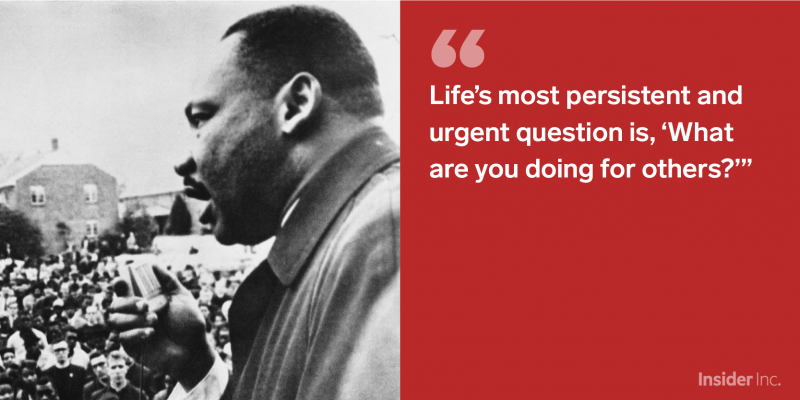
According to Garrow's article, which quotes the documents: "At the same hotel the following evening, King and a dozen other individuals 'participated in a sex orgy.'"
"When one of the women shied away from engaging in an unnatural act, King and several of the men discussed how she was to be taught and initiated in this respect. King told her that to perform such an act would 'help your soul,'" The Times quoted the memo as saying.
King, whose wife was Coretta Scott King, has been accused of infidelity in previous documents but never on the scale alleged by Garrow. He "always thought there were 10-12 other women," he told The Times. "Not 40-45."
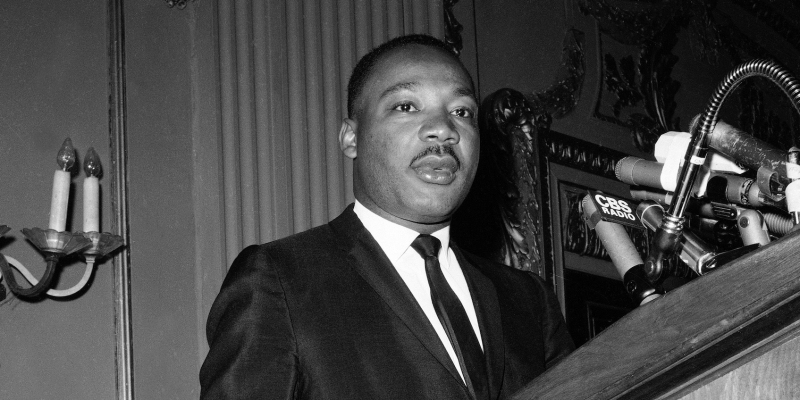
Garrow said the new information "poses so fundamental a challenge to his historical stature as to require the most complete and extensive historical review possible."
Garrow's article will contain several other allegations about King's conduct, The Times wrote.
Garrow wrote that William Sullivan, then the assistant director of the FBI, in 1964 wrote a memo that paraphrased a recording of King.
The memo says King said he launched the "International Association for the Advancement of Pussy Eaters," according to Garrow.
One other FBI memo is said to describe a prostitute recounting a sexual encounter she said had with King and another woman in the Sands Hotel in Las Vegas in April 1964.
According to The Times, the memo says King called a friend to "get your damned ass down here because I have a beautiful white broad here."
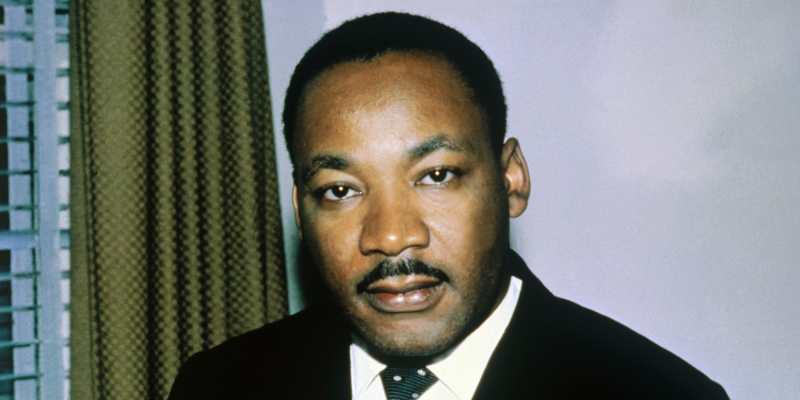
The FBI memo is said to have recorded the prostitute as saying that King and the two women had sex, and when King's friend showed up, King "watched the action from a close-by position" as they too had sex.
The memo quotes the prostitute as saying she was "getting scared as they were pretty drunk and using filthy language," The Times said.
She told an FBI interviewer it was "the worst orgy I've ever gone through," The Times wrote.
King was the rallying point for the US civil rights movement from December 1955 until April 1968, when he was assassinated in Memphis, Tennessee, triggering riots in cities all across the US.

